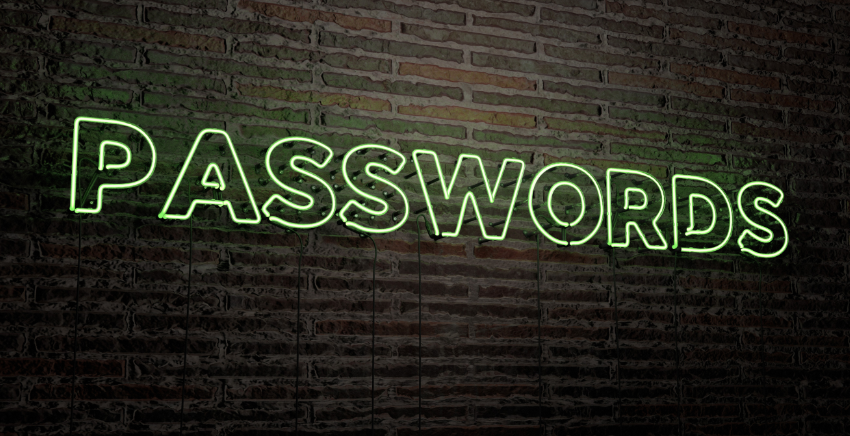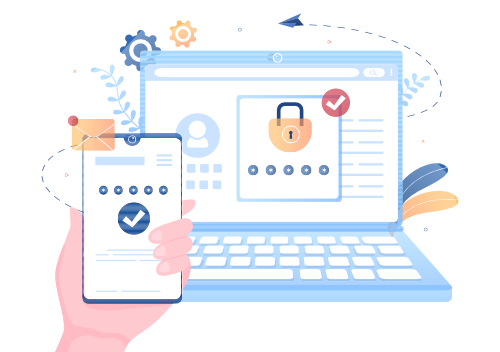
Passwords are essential to your cyber-safety. You probably have dozens of pa
sswords to remember, which can be overwhelming, leading to taking shortcuts such as simple passwords, or using the same password on every website. Taking advantage of your laissez-faire attitude is one way bad guys access your passwords.

Incredibly, there are still people out there using “password” or “123456” as their password, or even leaving the default passwords on their devices. So, anyone can pick up a router, look at the sticker identifying the password, and access that network.
The criminal may also be working with info from a data breach. In early 2019, a security researcher found more than 2.7 billion email/password pairs available on the dark web. Criminals accessing that database could use the data as a starting point, as many people duplicate their passwords across accounts.
Criminals can also access your account if you’ve used a hacked public computer or WiFi. The bad guys may have installed a key logger on the computer, which records every key you press on the keyboard. Alternatively, they could have compromised a router or server to be able to see your information.
Of course, there’s one more method of getting your password that we haven’t addressed yet. It’s the familiar phishing attack. For instance, you get an email that looks like it was sent by your bank. Phishing typically has an urgent message and a link that directs you to what looks like a credible page.
Pay attention to who is sending the email and hover the mouse over the link to see where it goes. If you are concerned about your bank account, for example, open up a browser and type the URL manually rather than clicking the link.
For more information on securing your IT equipment or services, please call us at 386-248-0000 for a free 1-hr cybersecurity consultation.
You may also be interested in our other security posts:
» The Benefits of Password Managers – Net Works, Inc (daytonanetworks.com)



